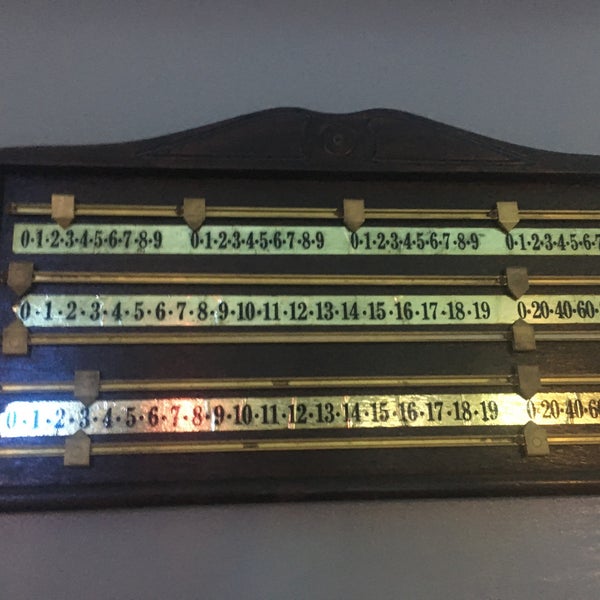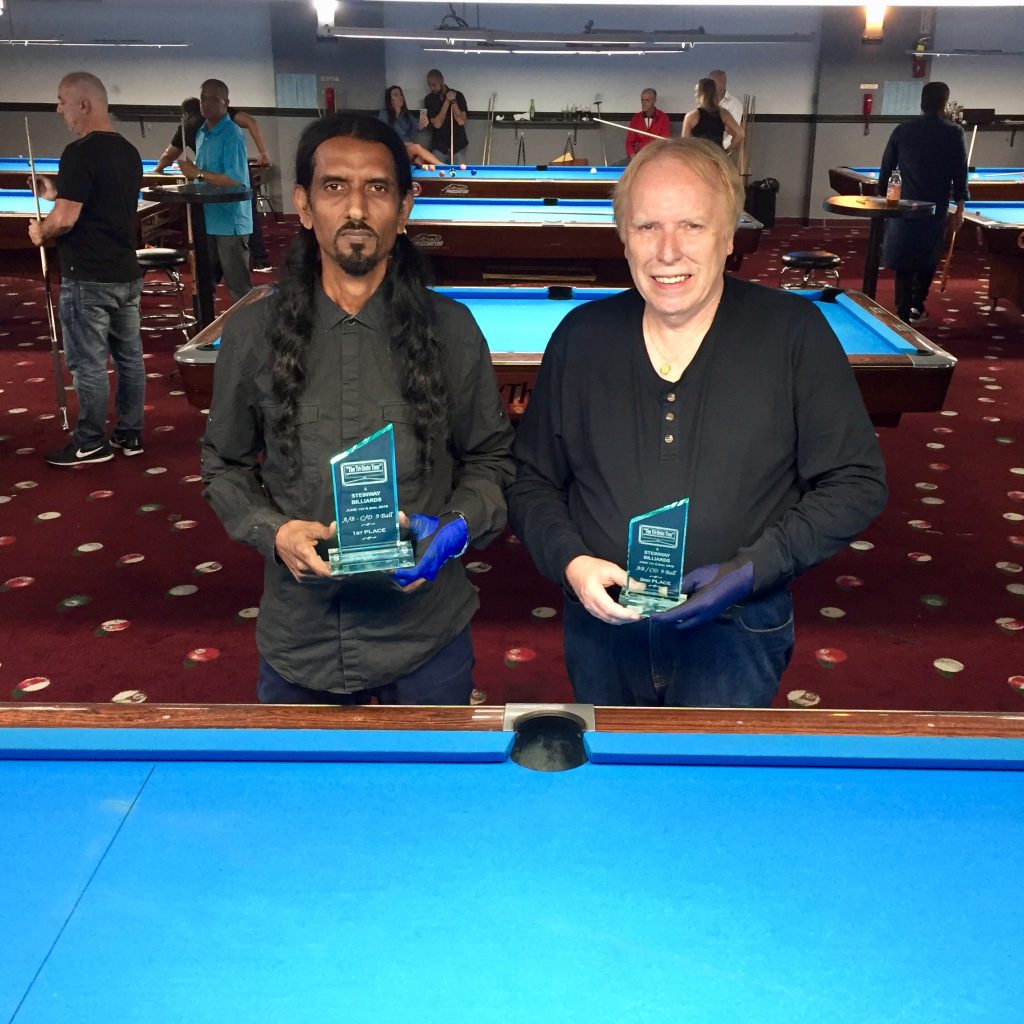
Boot, who grew up two blocks from the factory, says every piano has its own personality. I've been here 51 years, and my job is to listen to the piano and makes sure that it sounds even and that everything works."Īnd few things work like a Steinway. "I'm the last one to touch the piano before it leaves the factory," Boot says. One of Youse's co-workers, Wally Boot, has been with Steinway for more than half a century. "Aside from some of the materials, like the glues and things which have improved throughout the years, the piano is very, very much the same piano that you would've gotten back in the late 1800s," Youse says. He says the pianos are excellent because generations of workers have all been dedicated to the same goal. Third-generation Steinway employee Bill Youse, who has been with the company for 40 years, runs the department. This is more of a natural process, by trying to do it this way."Ī whole other area of the factory is devoted to restoring vintage Steinways. "That allows us to get away from a hardening process, where we'll put lacquer to harden the felts. "The sound and tone of the piano will open up and get richer," Dylan says. Mark Dylan, a 33-year veteran and head of the tone regulation department, says this is how a new piano gets "played in." Twice during this process, pianos are taken to a pounding room where a machine bangs on all 88 keys at once. A cast iron plate is added, strings are added, the action - the hammers which hit the strings - is added. In another area, so-called belly men, put the sound boards into the case. In one area, thin laminates of wood are glued together and put in a press, to create the distinctive form of a grand piano. It takes 11 months to build a Steinway grand, which features 12,000 separate parts. Today, a workforce of 300 craftsmen and women turns out about 1,500 pianos a year in the Astoria factory. "They would sponsor artists and send them with our pianos out to the West, to emerging towns." "A company like Steinway was very important in bringing music to the expanding country," Berger says.

As other piano companies dropped by the wayside, Berger says in the late 19th and early 20th centuries, Steinway made sure people all over America remembered its name. The one by which all others would be judged."Īnd those pianos were built to last. "Not the average piano of the world: The standard. "In very early days, they sought very much to create the standard piano of the world," Berger says. Robert Berger, Steinway's director of customer satisfaction, says that even then, the company was intent on setting a precedent. The company was founded by a German immigrant, Henry Engelhard Steinway, in 1853, when New York had dozens of piano manufacturers. Back in the 19th century, the area was actually known as Steinway Village - it had housing for the workers, a post office and one of the first kindergartens in America. Since 1871, Steinway pianos have been built in a factory complex in Astoria, Queens, on Steinway Place, one block from Steinway Street. "And this results in this unique half-machine, half-living musical instrument." "I think it's this combination of technical ingenuity and handcraftsmanship, because a large percentage of work is still done by hand and by people that have been selecting wood for the sound boards their entire lives," Gerstein says. Gerstein attributes the steadfast authenticity of the instrument to a unique production process. "And for the listeners, it's this experience of listening to the Steinway sound that has really cultivated what we think piano sound is." "I think generations of pianists' muscular-nervous systems have been shaped by how the action feels and how the action and the sound merge into this playing experience," Gerstein says. He sat at the keyboard of a Steinway D, a 9-foot concert grand, at Steinway Hall, the company's lavish showroom in Manhattan.

This fall, Russian pianist Kirill Gerstein was in New York City, set to appear with the New York Philharmonic. Most concert halls and conservatories in America own Steinways, and pianists from Lang Lang to Harry Connick, Jr. Vladimir Horowitz, the famous Russian pianist, used to travel with his own personal Steinway when he concertized around the world. So when hedge fund billionaire John Paulson recently bought the company, it struck fear in the hearts of musicians: Would the famously handcrafted pianos be changed, for the sake of efficiency? Paulson, who owns several Steinways himself, says nothing will change.


Boot is the last person to touch every piano that leaves the factory in Queens, N.Y.įor 160 years, the pianos made by Steinway & Sons have been considered the finest in the world. Some Steinway company representatives and employees - like Wally Boot, pictured here - have been working for the company for decades.


 0 kommentar(er)
0 kommentar(er)
